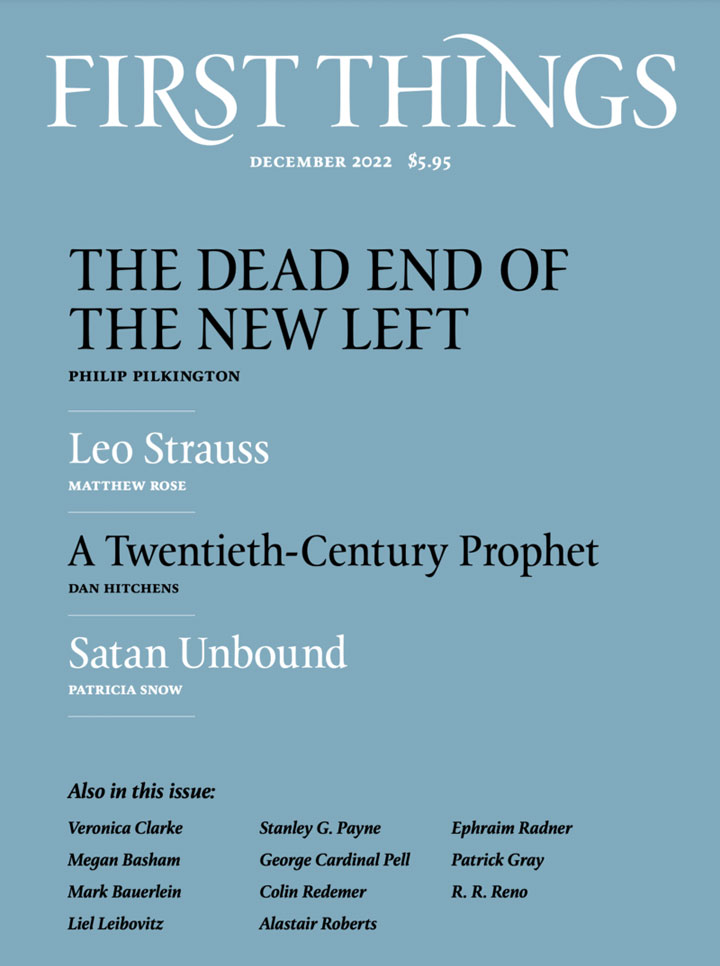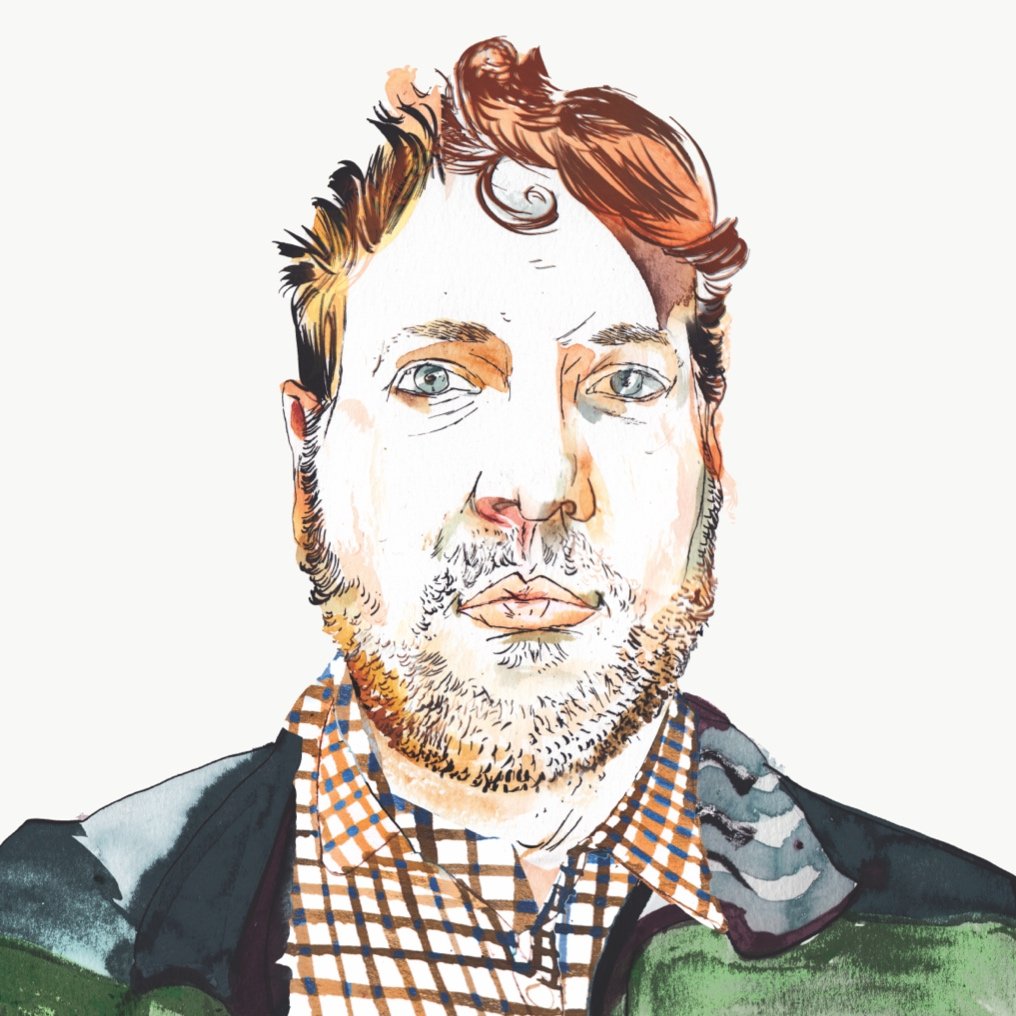On Saturday, October 7, a band of Hamas terrorists breached an internationally recognized border and crossed into Israel. Over the next twelve hours, they committed unspeakable horrors against a defenseless civilian population. They beheaded babies and burned entire families alive. They raped women so brutally before murdering them that forensic experts examining their bodies days later observed their pelvises had been crushed. They executed an elderly grandmother, filmed the murder on the victim’s own phone, and then uploaded the footage to her Facebook page for her family and friends to see. By the time they were stopped, they had kidnapped more than two hundred people into Gaza and left upwards of 1,400 people dead, the worst single-day massacre of Jews since the Holocaust.
I’m Israeli-born and know many people who lost loved ones. Watching the atrocities unfurl and hearing the testimonies of the survivors, I was heartbroken—and furious. I also felt despondent that the Palestinians, even when faced with crimes committed in their name, failed to do what their brothers and sisters in Egypt, Tunisia, Syria, and elsewhere had done and stand up to their despotic regime. The weeks since the attack have been among the most difficult in my life. But one thing gave me hope: Even as I was mourning my own people’s tragedy, I found myself thinking of others.
I was thinking of Artsakh and its Armenian people, who are suffering the first genocide of the twenty-first century. I was thinking of the mothers miscarrying their babies because they’ve been denied food and medicine by the besieging Azeris. I was thinking of the thirty thousand blockaded children rooting for food and finding nothing in the marketplace save for dried thyme. I was thinking of the bravery of the Armenians clinging to their homes even as a criminal campaign to starve them to death was being waged under the distracted gaze of an indifferent international community.
I was thinking also of Nigeria, where at least five thousand Christians were slaughtered last year by Boko Haram and other terrorist groups, their churches razed and their property seized. I was thinking of the five million Nigerians who are currently refugees, forced to flee their homes simply because they wanted to live and worship in peace and in dignity.
And I was thinking, too, of Ukraine fending off Putin’s thugs for nearly two years now, an improvised army of everyday heroes refusing to surrender.
I was thinking about all of them because their fight is my fight, too.
It’s also yours.
In Israel and in Nigeria and in Armenia and in Ukraine, what you’re seeing aren’t sporadic conflicts in remote corners of the world that have little to do with those of us living stateside. Rather, these are fronts in one big, joint battle: between those who choose life and those who sanctify death; between those who cling to liberty and democracy, however flawed, and those who succumb to steely autocracy; between those who fear God and remember that we were all created in his image and those who don religious garments only to hide their bloody hands.
I’m not speaking metaphorically. Behold the perpetrators of recent atrocities, and you’ll begin to see some patterns emerging.
The marauders who set out to brutalize my people on October 7 had no practical objectives. They did not set out to conquer Israeli towns or achieve any discernible military goals. They were simply interested in spreading death. And they were not operating independently: They received cash, hardware, methodology, and ideology from Iran.
The same Iran whose Shahed suicide drones claimed so many Ukrainian lives after the Islamic Republic rushed to Russia’s aid.
The same Russia whose soldiers I saw with my own eyes standing idly by as Armenians were being starved to death, abandoning their former ally and cozying up to Ilham Aliyev’s murderous regime.
Everywhere you look, you see the doings of the “Axis of Resistance,” the term Iran had chosen some years ago to describe its aspiration to reshape the world in its benighted image. With Russia and China as its backers, and with useful idiots in American college classrooms and newsrooms singings its gospel of resisting evil Western imperialism, the Axis is ascendant. The war to stop it is one we must fight, because, whether we’re willing to admit it or not, it’s already here.
This is not to advocate for wanton military intervention. Ample evidence shows that ill-considered escapades in the Middle East and elsewhere tend to end poorly for America. Nor is it to blunt the complexity of geopolitical realities, another strong reason for proceeding with caution.
But our caution must dull neither our sense of moral outrage when we see children targeted and mothers slain nor our recognition that failing to defeat our enemies when they strike our allies abroad means that we’ll have to fight them sooner rather than later when they target us at home.
I will leave the foreign policy prognostications and proposals to the experts. But if we’re going to win the long war ahead, we need to sharpen our understanding of why we fight, a question not of politics but of faith.
We fight because we believe in a universalism of a very specific kind. It is not the flattened globalism of rootless individuals who see themselves—to riff on the title of a particularly noxious music festival beloved by moneyed meritocrats—as global citizens, a preposterous coinage that makes a mockery out of both the idea of a meaningful global community and the concept of citizenship. Nor is it the silly digital activism that follows the dictates of our self-appointed intellectual and moral betters, who change their social media profile pictures to blue and yellow to show that they stand with Volodymyr Zelensky.
Instead, our universalism is deeply rooted in particularism. It is precisely our fundamental commitment to our own people, our own beliefs, our own nations and communities that enables us to engage our fellow human beings, knowing that they, too, share our passions. We’re moved by the dignity of difference, to borrow a phrase from the late Rabbi Jonathan Sacks, not by a deadening drive to sameness. We fight our own fights, but when we stop to reflect, we realize that others, elsewhere, are fighting against the same enemies and for the same reasons.
To escape the grimness of the reports out of Israel, I turned to the sole source of unendingly renewable spiritual energy, the Bible. Reading the story of the Tower of Babel, the twelfth-century Rabbi Shmuel Ben Meir, known as the Rashbam, offered a radical new explanation of why God would choose to punish people who, after all, were only trying to come together and build a monument to their unity. When the Creator tasked us with populating the entire earth, the Rashbam explained, he meant it. We are called to spread out, which means following different paths and ploughing different fields. But the builders of Babel opted to stay together in one place, speaking the same language and pursuing the same narrow goal. For this sin, that of convenience and complacency, they were scattered across the globe, their solitary tongue shattered into a thousand different dialects. This fate was not punishment. It was an invitation to fulfill their destiny, a reminder that, before they could reunite with their long-lost neighbors, they had to strike roots in their particular corners of the earth and cultivate their own cultures.
It’s up to us now to deepen our roots and cultivate the best elements of the place where God has put us in the world. To win the war that’s already percolating on our college campuses and in our city streets, where Hamas supporters cheer without ceasing, we need to champion a new brand of nationalism. This nationalism knows that isolationism means only that, when we’re finally forced into the fight, it will be at the time of our enemy’s choosing and on our enemy’s terms. This nationalism understands that free and proud nations grow freer and prouder when they stand together. It is a nationalism committed to the edict taught to us after humanity’s first slaying: Never stand by as the voice of our brother’s blood cries out from the ground.
As I watched the war in Israel hurtling into the unknown, anxious about the fate of my people, I took great comfort in the notes I received from my Armenian friends in America and in Yerevan, and from my pals in Kyiv and Odesa. They were thinking of me, too, even—or particularly—amid their own suffering. Together, we fight. Together, we’ll win.
Long Days
To my brother John. What happened to long days,the ones whose ends we couldn’tfathom till they came,and…
Caravaggio’s “Conversion of St. Paul”
(in the Cerasi Chapel of the Church of Santa Maria del Popolo) Paul lies sprawled beneath his…
How Hipsters Gave Us Trump
Donald Trump’s 2016 presidential campaign was powered by its embrace of the white working class. It also…



